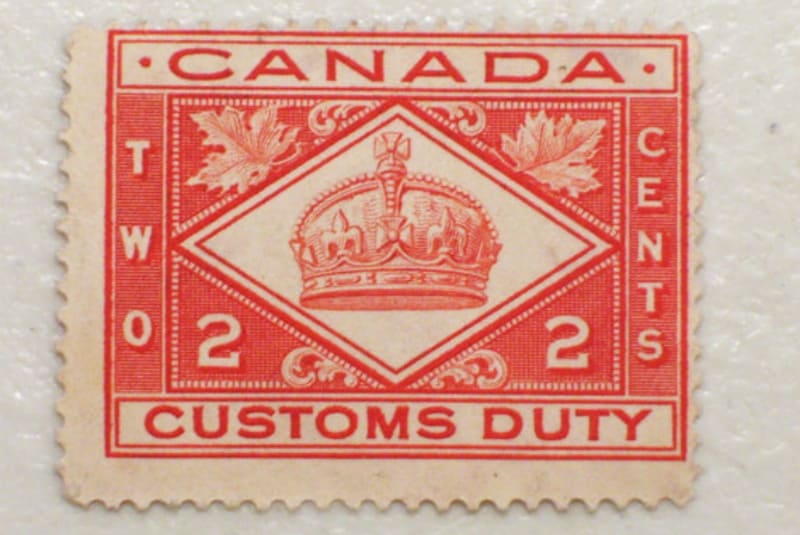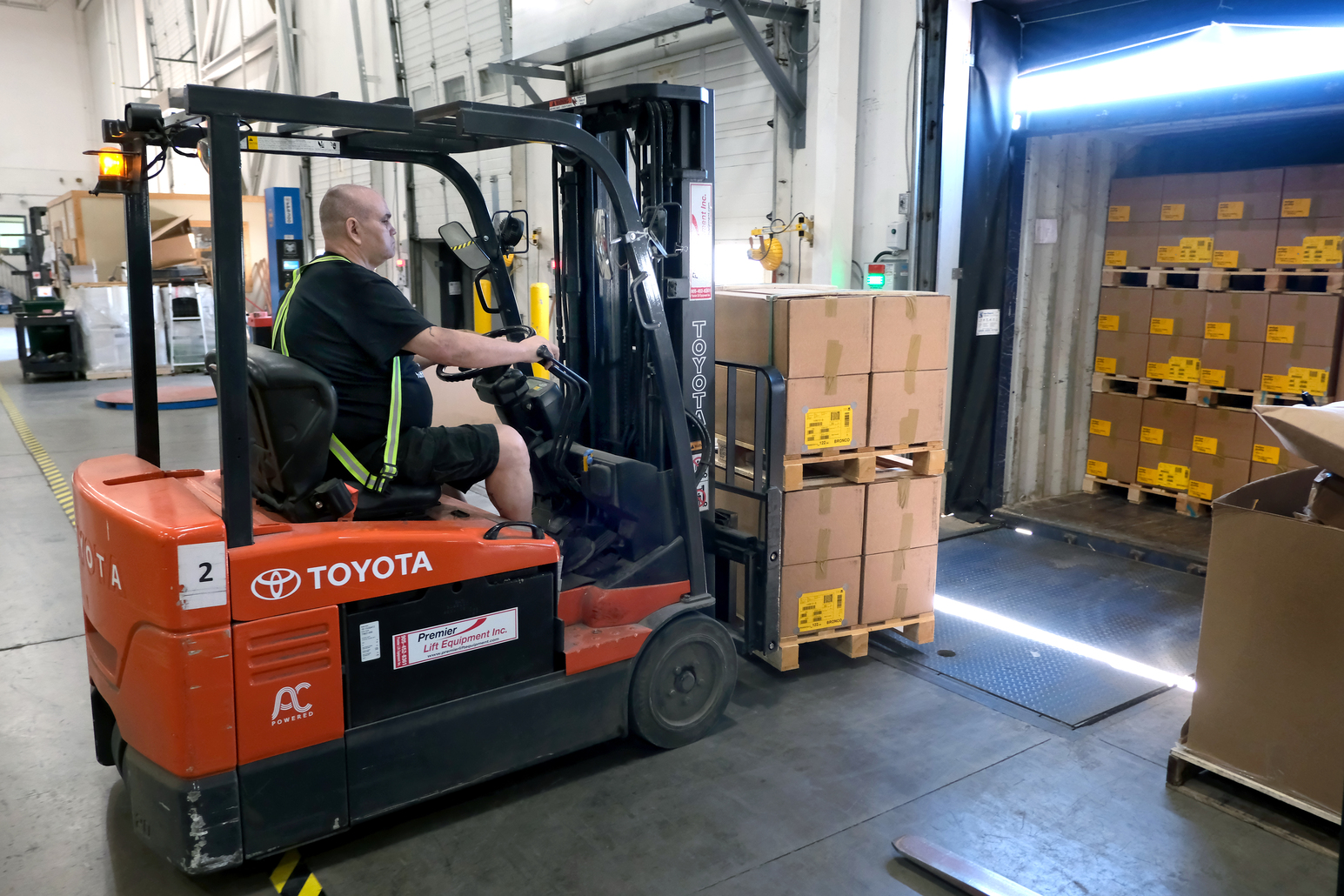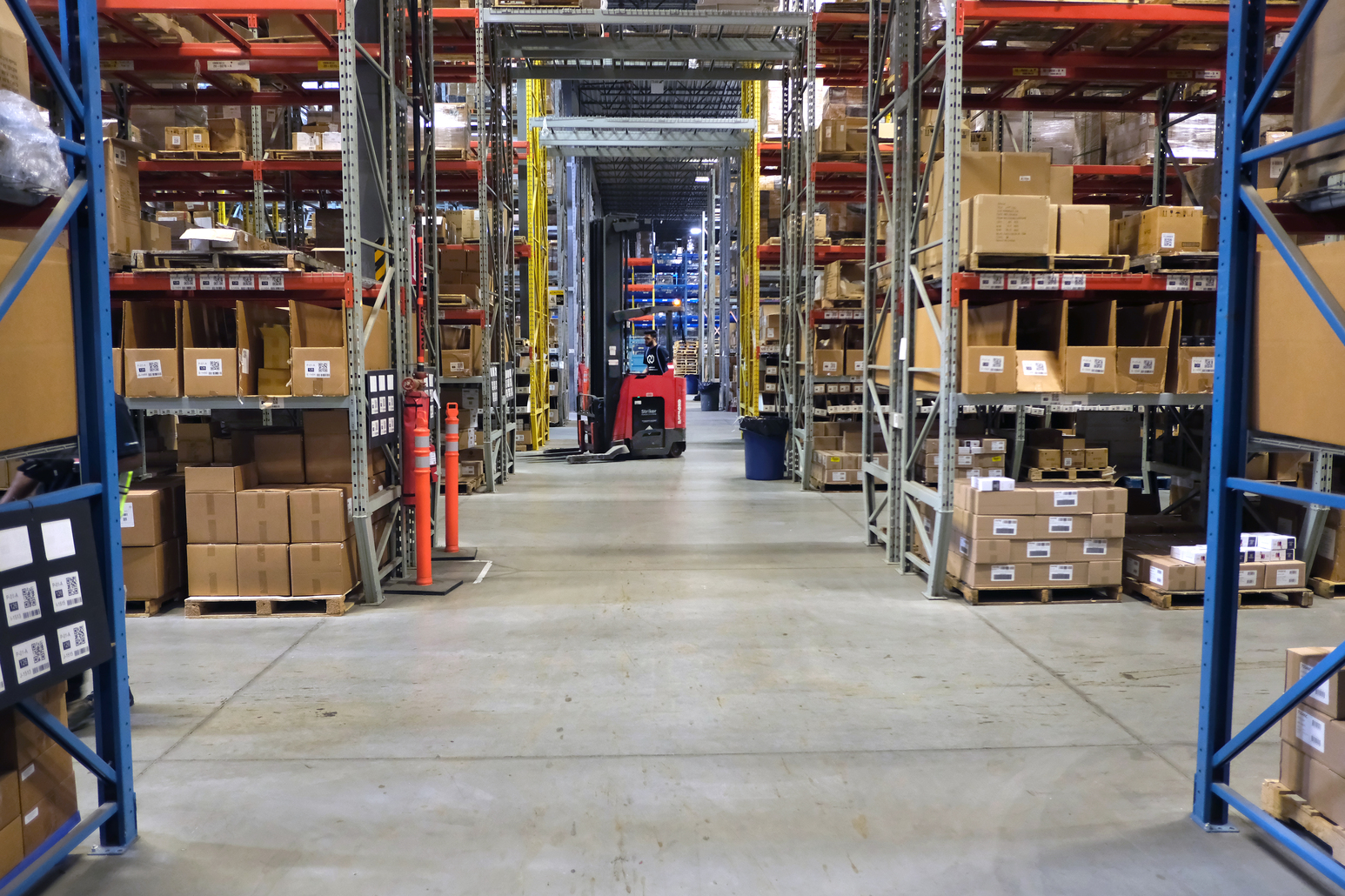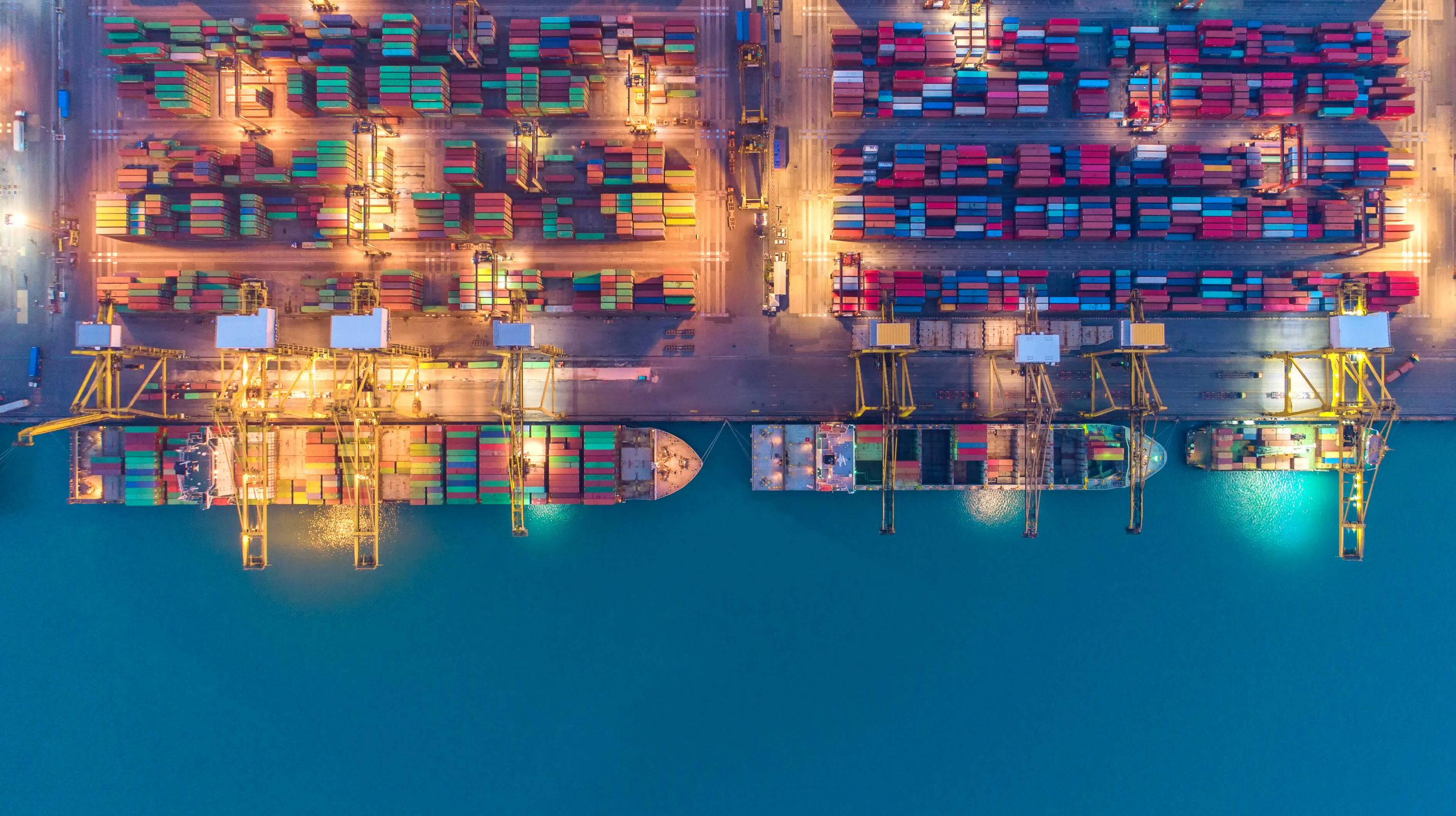Many importers in Canada are still unaware of the rules that define the value for duty to use at time of importation. Typically, importers provide their commercial invoice supplied by their vendor to their customs broker and make sure that the value declared on the customs entry matches the value of the invoice before filing this declaration. At times, it can prove difficult for a customs broker to make the proper adjustments to the price paid for the goods if certain information is missing on the invoice, as outlined further down in this article. It is important to keep in mind that the importer of record is ultimately responsible for making sure that the proper value for duty is declared at the time of importation, taking into account all possible adjustments. These adjustments include additions to and deductions from the price paid or payable.
The best way to avoid devastating losses is to be proactive.
The Canada Border Services Agency (CBSA) has been very active in the past few years in performing audits at importers’ premises. When it comes down to the valuation portion of the audit, they will actually verify your accounting records to see the amounts that were transferred to your foreign suppliers in order to compare them with the values declared on your various customs entries. Any amount transferred to other parties are also questioned to see if they should or not be part of the transactional value of a shipment. For instance, if you pay royalties or license fees to a third party who is not necessarily the vendor or shipper of the goods, the amount of such a royalty or license fee should be added to the value of the goods and the applicable duty would also be payable. An omission to declare such fees could be devastating for the company if it was discovered during an audit and your company had to go back to amend previous entries submitted in the years prior.
How do I determine the correct value for duty?
So in order to avoid surprises, here are some of the questions that you should ask yourself before handing out the commercial documents to your customs broker to ensure that the correct value for duty of your shipment is established for the entry to customs:
- What is the incoterm for our transaction? FOB, CIF, Ex-Works?
- Is freight included in our price or not?
- Do we have any payment discount with this supplier?
- Are we paying any commissions to someone to outsource the goods?
- Are we paying any royalties or license fees to someone in order to sell these goods in Canada?
- Are we supplying any assists to the vendor who is manufacturing or selling the goods?
Here are some relevant links from CBSA.
In order to help you better understand the different types of adjustments that can be made to your value for duty, here are some links to the CBSA memorandums regarding valuation:
- http://www.cbsa-asfc.gc.ca/publications/dm-md/d13/d13-1-1-eng.html
- http://www.cbsa-asfc.gc.ca/publications/dm-md/d13/d13-3-3-eng.html
- http://www.cbsa-asfc.gc.ca/publications/dm-md/d13/d13-4-7-eng.html
- http://www.cbsa-asfc.gc.ca/publications/dm-md/d13/d13-4-9-eng.html
- http://www.cbsa-asfc.gc.ca/publications/dm-md/d13/d13-3-12-eng.html
Maybe the time has come to perform a complete internal audit of your customs operations and entries to make sure that your company is compliant and that all of the above questions are answered. If you find out that you are not fully compliant, you still have time to self-amend your declarations.
At Mantoria we have a team of experts who is ready to help your company do things the right way the first time around. Please feel free to contact us today for any questions related to your imports or for more information on our services.



